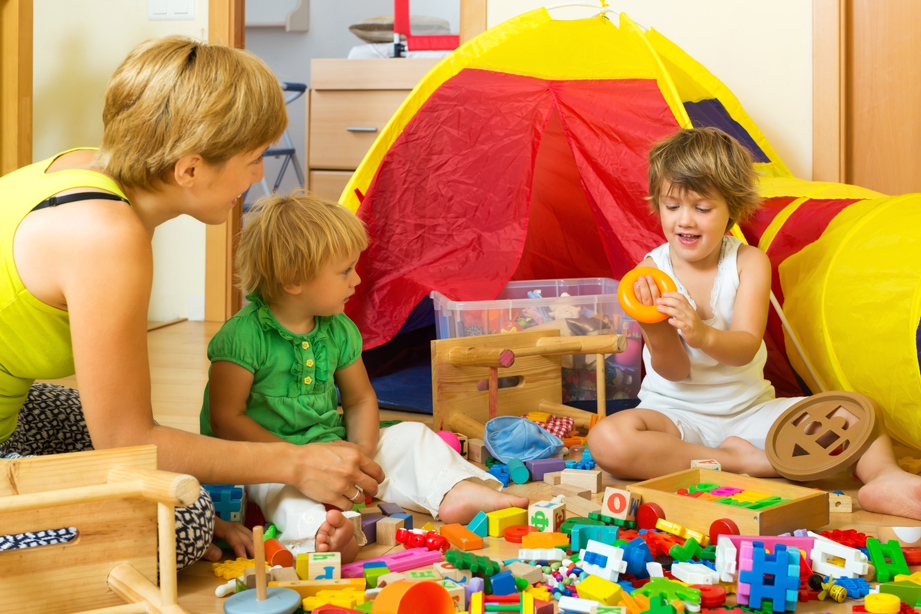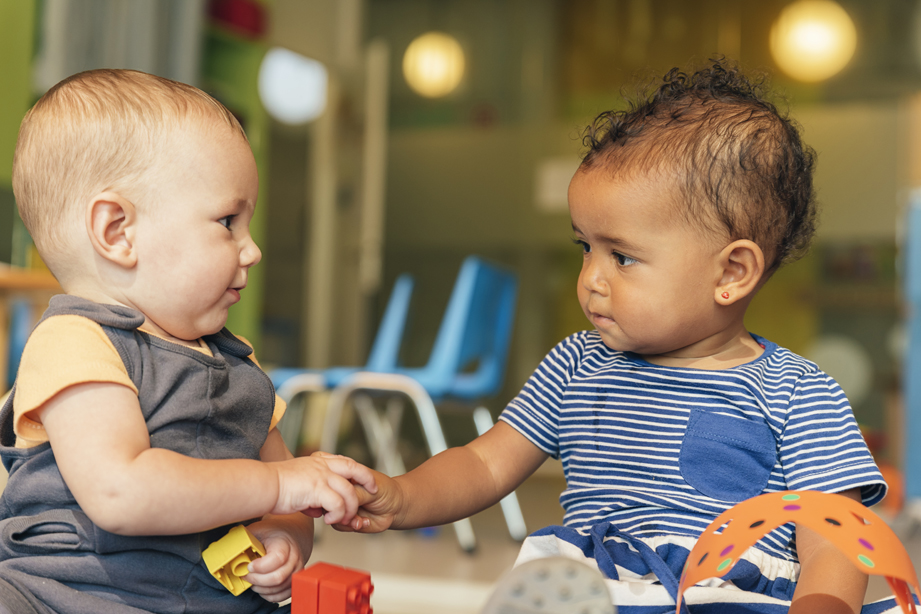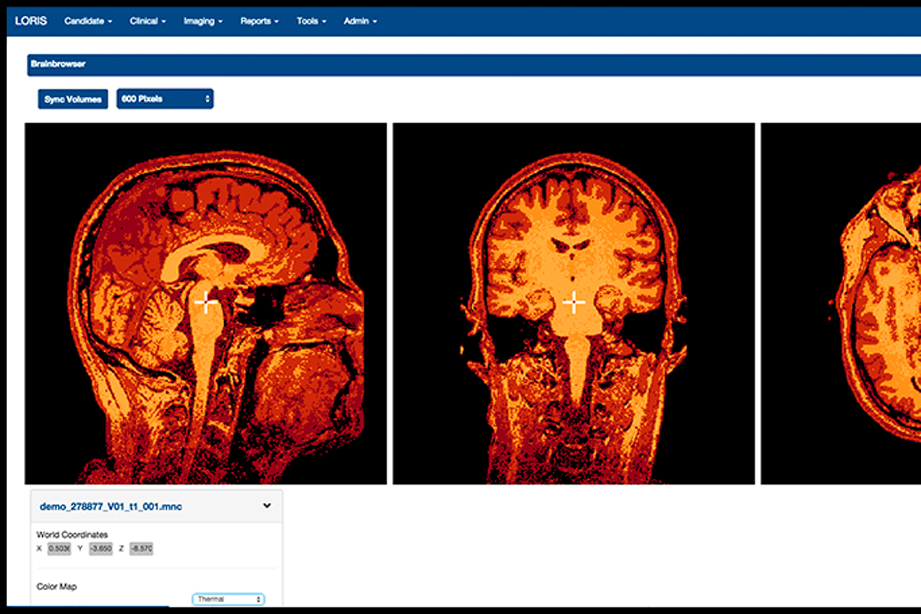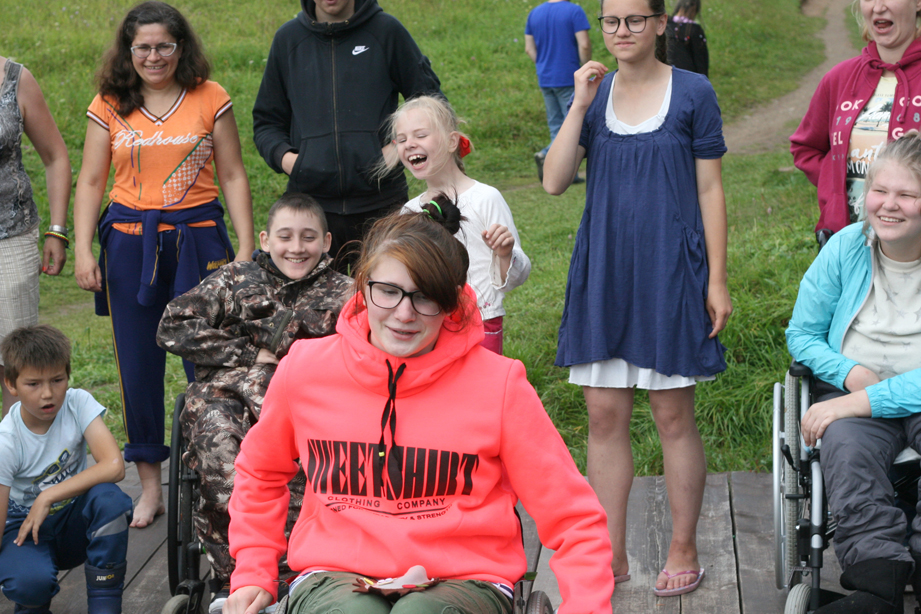Challenge For families of children with neurodevelopmental disabilities (NDD), significant barriers exist in accessing trusted sources of new and existing knowledge, and in the lack of opportunities available to share their experiences. By participating in research, families and youth can help address these issues, impact change and be empowered. Jan Willem Gorter and Dayle McCauley [...]
ASD Pathways
Nicolas Turgeon-Morin2025-01-09T13:05:53-08:00Challenge While there has been little research done about the transition to adulthood in people with autism spectrum disorder (ASD), there has also been increasing concern from parents and policymakers about the poor adult outcomes associated with ASD. However, research on children with ASD can now lead to a study of adults. Project Summary In [...]
Biorepository cohort (PROMISE)
Nicolas Turgeon-Morin2023-10-19T10:44:22-08:00Challenge A child's genetic susceptibility to the environment is usually associated with specific gene variations. When combined with environmental factors, this susceptibility can lead to better or worse outcomes for the child. Researchers at the Parenting Research on Mental Illness, Stress & Epi/Genetics (PROMISE) study sought to understand how parenting could impact this genetic susceptibility. [...]
The Neuroethics Core
Nicolas Turgeon-Morin2023-10-19T10:44:42-08:00Challenge New biomarkers, new treatments, and new methods: scientific advancements bring new opportunities, but they also tend to bring further ethical questions with them. This is especially true in the field of neurodevelopmental disorders (NDDs) since it involves vulnerable populations such as children, people struggling with addictions and people with disabilities. Project Summary Built into [...]
FASD Gaming Website
Nicolas Turgeon-Morin2023-10-19T10:45:20-08:00Challenge Social skills significantly impair children with Fetal Alcohol Spectrum Disorder (FASD), which can often lead to additional problems concerning health, education, and addictions. However, there is limited research on the efficacy of social skills interventions for children affected by FASD. To address this knowledge gap, researchers will investigate if gaming could be a viable [...]
Quantitative modelling of spontaneous movement in infants
Nicolas Turgeon-Morin2023-10-19T10:45:42-08:00Challenge In young babies, assessment of their motions has been used to predict complex neurological dysfunction later in life. Infant movement has been identified as the 7th cardinal sign of neurological dysfunction. However, this method is limited, partially due to the skills that are required to deliver a clear qualitative assessment of a baby's motion. [...]
The Use of Video Games to Improve Cognition in Children with Neurodevelopmental Disabilities
Nicolas Turgeon-Morin2023-10-19T10:46:20-08:00Challenge Video games place a high demand on our cognitive systems and teach children skills that are generalizable to other tasks. For example, many games require the player to divide their attention between two different tasks; to ignore distractors; and to assess a situation and quickly make a decision, all skills that are applicable in [...]
One-Stop-Database-Shop for Genomics Data on Brain-Based Disabilities
Nicolas Turgeon-Morin2023-10-19T10:46:38-08:00Challenge A lot of genomics data has been published on neurodevelopmental disabilities, but researchers face challenges in accessing this information. Data found in the literature is often scattered and difficult to synthesize, and simply aggregating data onto one platform isn’t sufficient. Project Summary This project aimed to examine the literature on the genomics of FASD, [...]
The Neuroinformatics Core
Nicolas Turgeon-Morin2023-10-19T10:47:02-08:00Challenge Neuroscience is a broad field with a vast array of research and findings. The research often interconnects in various ways and allows scientists to extrapolate data that is useful for future projects. The problem, however, was to create a database where this information could be shared, accessed and used in meaningful ways. Project Summary [...]
The Canadian Cerebral Palsy Registry
Nicolas Turgeon-Morin2023-10-19T10:47:26-08:00Challenge While cerebral palsy is the most common physical impairment in pediatrics, there is a lack of data on how the disease presents in children at the population level. Do regional differences exist across the frequency and spectrum of cerebral palsy within Canada? How does the Canadian experience compare internationally ? What can a population [...]











